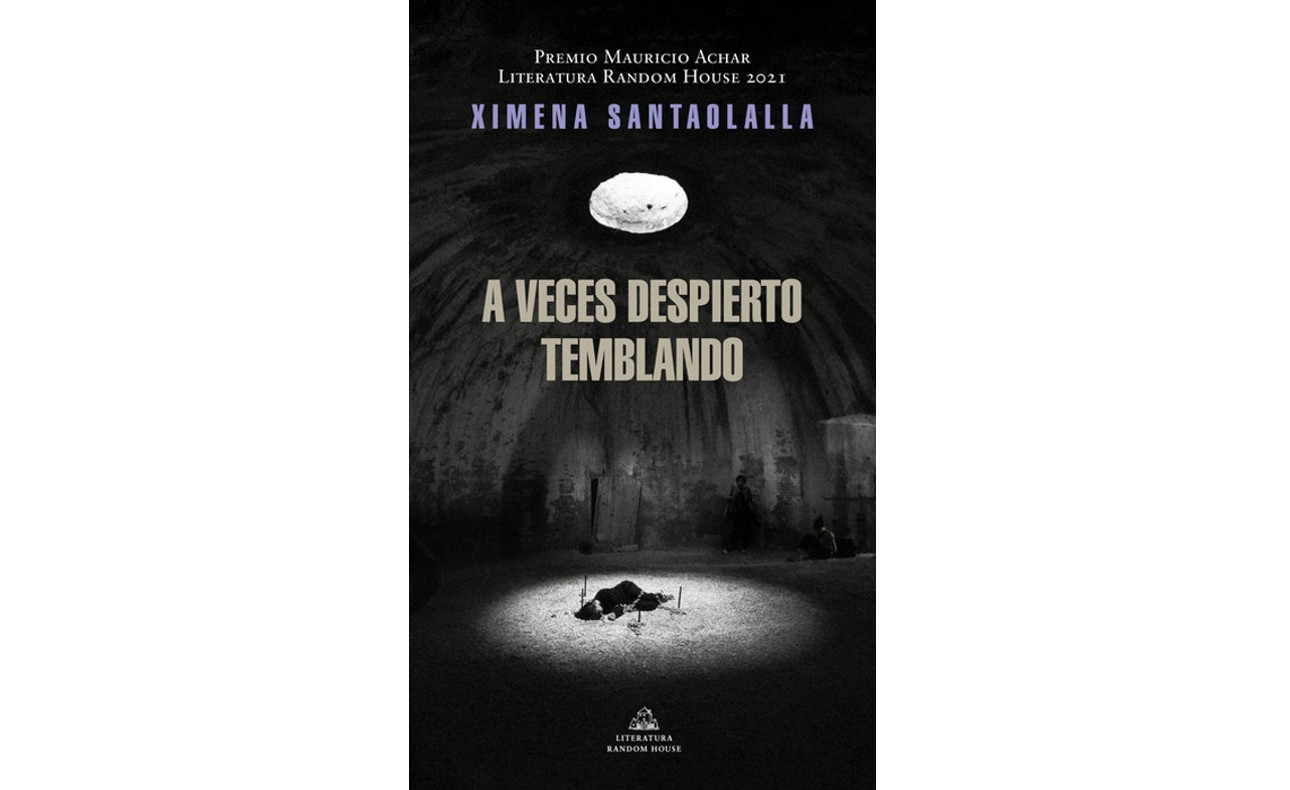
‘A veces despierto temblando’. What does it mean to live under the Guatemalan dictatorship?
Mexican writer Ximena Santaolalla's latest novel portrays the story of three Guatemalan soldiers who are sent to military training in Texas.
Dictatorships and apparent democracies, torturers and tortured, dark basements and disappeared, secret births and stolen babies: if there is one thing the Latin American literary tradition has in common - be it fiction or non-fiction - it is the constant presence of political violence, leaving painful and uncomfortable books such as the debut novel by Ximena Santaolalla (Hidalgo, Mexico, 1983), "A veces despierto temblando", says Mexican writer Emiliano Monge in 'Letras americanas', the newsletter on Latin American literary news that has just been launched by the newspaper El País.
Written over the course of five years, "A veces despierto temblando" ("Sometimes I wake up shaking") portrays the story of three Guatemalan soldiers who are sent to military training in Texas to fight communism, guerrilla warfare and the native peoples of Guatemala. Their lives do not belong to themselves, but to the homeland; and if anything to kaibil commander Francisco Chinchilla, of the Guatemalan secret service, who is in charge of their torture, the one that will leave them blind to the atrocities they witness and perpetrate during the dictatorship of military man Efraín Ríos Montt.
"The research and documentation on the period of the dictatorship of Efrain Rios Montt in the early 80s, which only lasted a year and a half, but that year and a half was terrifying because they killed or disappeared a hundred thousand people in Guatemala. So I wanted to understand how that had been possible," the author recently explained to Canal44, a Mexican public media outlet.
RELATED CONTENT
Writing this novel led the author to read the entire sentence that Judge Yassmin Barrios handed down to Ríos Montt for genocide. Later, she began to research other documents, testimonies and places that had witnessed massacres and human rights violations in order to write a fictional novel, since "fiction helps to tell certain truths that cannot be expressed only with the reality as it was," she told Canal44.
On the one hand, Santaolalla's novel - winner of the Mauricio Achar 2021 award, which seeks to support and disseminate new voices in Mexican literature - addresses the Ríos Montt dictatorship in Guatemala, the annihilation of more than one hundred thousand indigenous people in the Petén and the formation of the kaibiles, soldiers trained in the United States to dehumanize their victims, "at the same time that they dehumanized themselves during torture and murder," observes Monge.
On the other hand, the novel goes beyond Guatemala: through two of the kaibiles who are the protagonists, it delves into the Mexico of military corruption, gender violence, human trafficking and the systemic murder of Central American migrants, reminding us that migration is not only an economic issue, It is also "an issue of violence and extreme situations, where there may even be danger to physical integrity and these situations of violence also cause the inability to have a dignified life, not being able to have a stable job and not being able to feel capable of developing as a human being," Santolalla reminded Canal44.











LEAVE A COMMENT:
Join the discussion! Leave a comment.